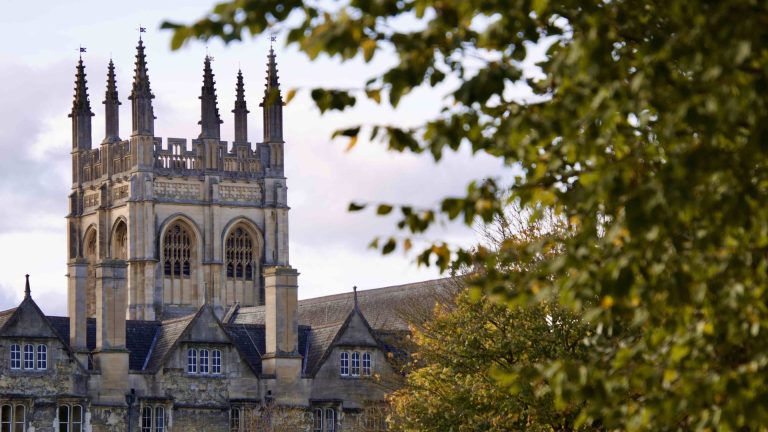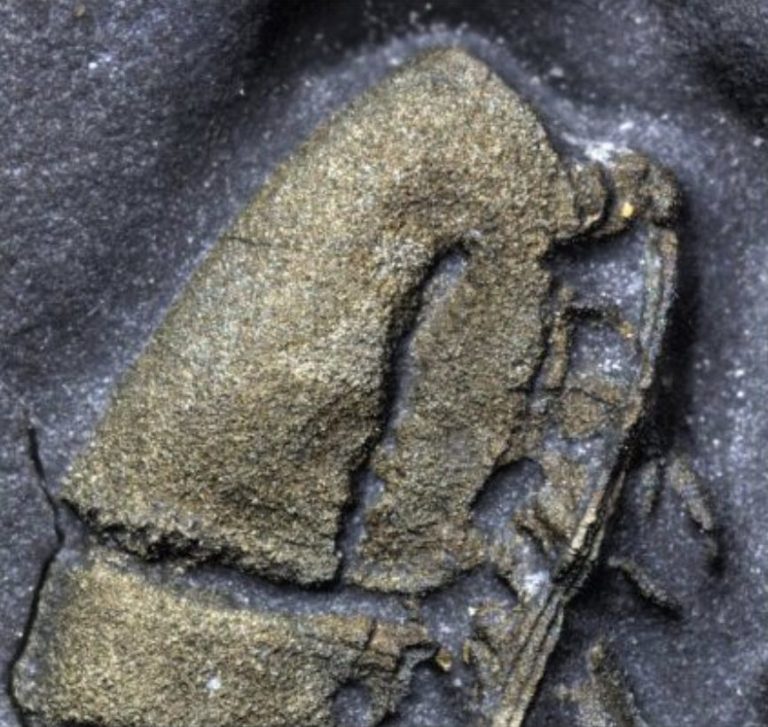Multiple St Hugh’s College students suffered damage to property over the summer vacation due to pest control issues. Students who left items in the college’s storage found them eaten by pests and covered with faeces, rendering some items temporarily or completely unusable.
St Hugh’s bursar told students in an email the “serious pest control issue” is due to several students storing food with their belongings over the vacation. This, according to him, is “explicitly forbidden on safety grounds” and incurs “substantial costs to bring the facility back into use”.
Some St Hugh’s students anonymously confirmed they had stored food over the vacation or know of people who did. However, not all students whose property was damaged did so.
St Hugh’s student Isabel Warnock told Cherwell: “There was some minor damage to my belongings, some kitchen sponges being completely shredded by the mice and packaging being completely chewed through by the pests. The bigger issue was that many of my belongings were covered in rat faeces”. She continued: “This did not result in lasting damage, but I have friends whose clothing and bedding was affected and became completely unusable.”
In response to this issue, St Hugh’s will arrange to professionally decontaminate the affected facilities later this term. The bursar confirmed that although belongings are stored at “students’ own risk”, the college will arrange the decontamination of affected students’ belongings in the 7th week of term. The college will also reassess the summer storage policy due to the disruption and damage caused.
Warnock told Cherwell: “I feel that the college’s response was reasonable and that they have handled the outbreak well”. She added that other students who she considers to have had more considerable issues than her, “whilst understandably disturbed and irritated by the problem, are also satisfied with the response”.











